Advisory: A Work In Progress
The advisory program was set up in ISB just last year, but students have already decided whether they hate it or love it. As the junior grade level coordinator Ginny Voigt describes it, the advisory program is “designed to be a support program where students can build relationships and deal with life matters beyond the classroom.” The goal is to have “strong bonds and relationships in advisory.”

The program has seen many changes since its start last year, one of the biggest being the switch from a curriculum based program to a more flexible program where the focus is on communicating and building relationships. The advisory program has received mixed feedback from students and teachers.
Furthermore, Tamara Redmond, an advisor for grade 11, believes that the program is beneficial to students because “it allows them to make connections with a teacher outside of the academic domain and encourages them to build a ‘family’ with their advisory”, and it adds a support network for students. She also appreciates that each grade’s program is designed specially for the requirements of that grade and what they need help with. On the other hand, she does see room for improvement, stating that in order for the program to be successful, we need to have “more student choice and student led activities.”
Mrs. Voigt seems to agree with this. She thinks that the “more the ownership for planning advisory is shared between students, the advisors, and the grade level coordinators, the more students will enjoy it.”![]()

Of course this shared contribution must be well balanced, as she recognises that students already have a lot on their plates and advisory should not add to that. Rather it should be a space where students can feel safe and be able to talk about what is important to them.
Munisa Farook (12), says that she “did not like all the learning we did” during advisory last school year because, even though it is important information, it was mostly stuff that students already knew. She felt that there was “more learning and less action”, but this year advisory seems to be more productive.

While some students may think that playing games during advisory is a waste of time, Munisa believes that it “can help us actually interact with each other” and some games “might help us for future life” by teaching us important skills. She also says that it would be nice if we could “do things that we are interested in”.
Overall, the advisory program is a program that, in theory, sounds like a great idea. It hopes to build strong relationships between students and teachers while also preparing students for issues outside of the classroom. But in order to be successful it needs to be well-planned in a way that suits the ISB student body. It may have had some issues last year but the teachers considered all of the feedback they received and made some changes. Advisory is no longer a curriculum-driven session that students dread but rather a time when students can learn important skills and lessons but also talk about issues that are important to them.
What is your opinion? Let us know by leaving it in the comment section down below.
Shreshta Gupta

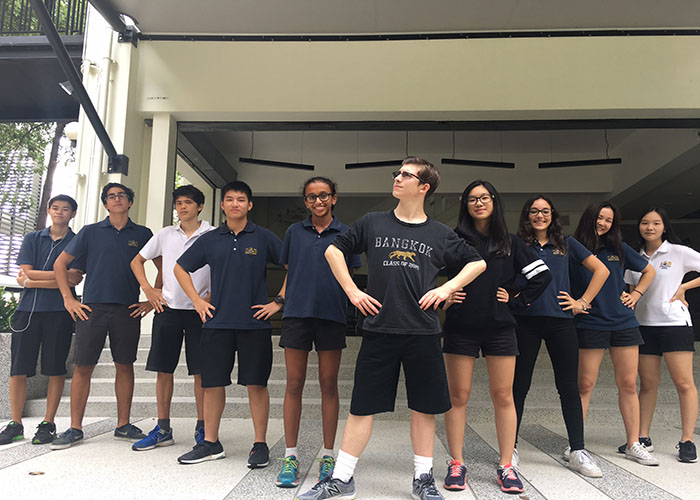


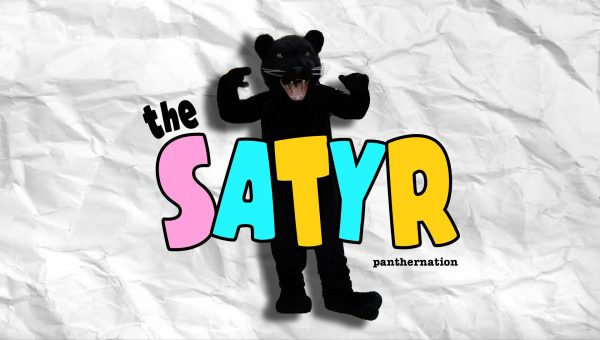

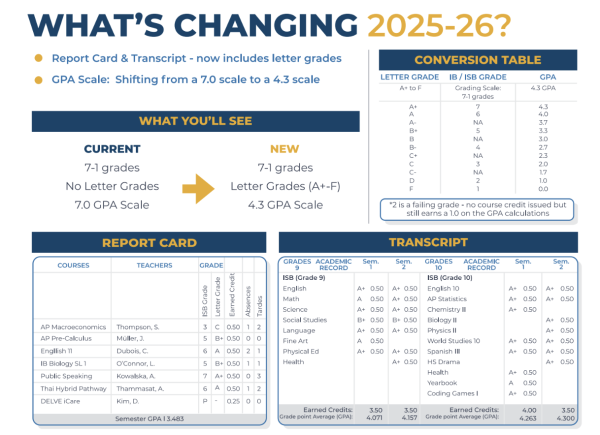

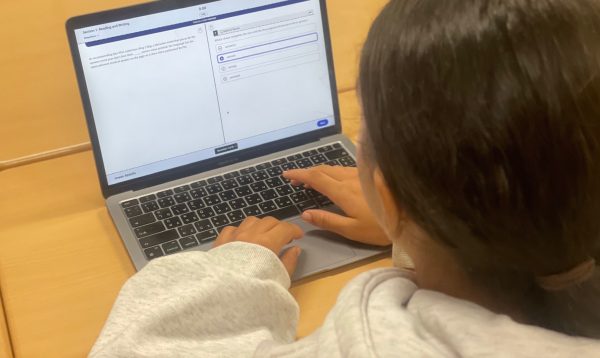
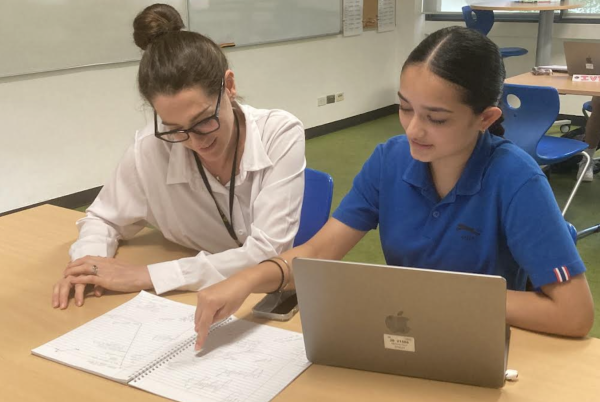
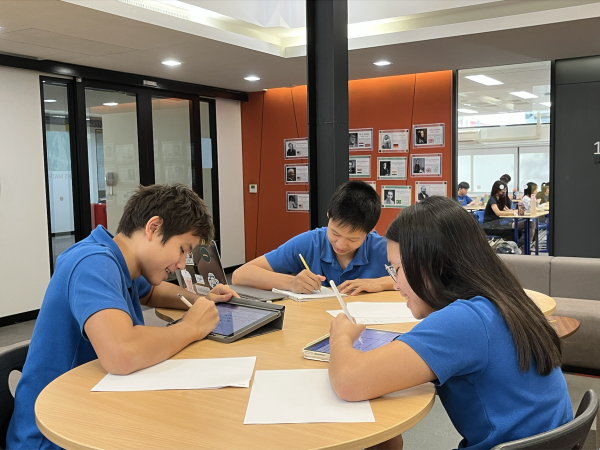
Delaney • Sep 28, 2017 at 7:56 pm
I’m sorry my comment was a bit harsh, and I am really sorry about not considering others’ point of view on the subject. I acknowledge that many people have worked really hard to make advisory possible, and that ranting on the High School news website isn’t the best way to try to change Middle School’s way of doing things. I didn’t put enough thought into my comment and I really should have talked about this with my teachers and the people who work really hard on advisory.
I agree with the article in many ways, really. I agree that it really sounds like a good idea and that it can really change students’ lives. It can bring us closer to our teachers and our fellow classmates. It’s nice to have a break in between classes and lunch and sometimes I take that for granted.
Delaney • Sep 22, 2017 at 11:27 am
I’m a seventh grader at ISB and I really do not like advisory. We don’t do much, and when we do it’s not very enjoyable, and there’s no real benefit from sitting and a circle and talking about our favorite foods, because it’s extremely obvious that no one in the circle actually cares. All the activities we do are really forced, like our ‘daily morning greeting’ where we throw stuff at people while saying their name, or going around the circle saying ‘What’s poppin’ Jimbo?’. And every student I’ve talked to about advisory has agreed that the ‘”Fun” Friday’ activities are “cringey” or “obnoxious”. I would actually prefer that we use a curriculum, as I would rather not be spending 30 minutes everyday hearing a teacher drone on about the MS values, because they’re everywhere, and most of us don’t need a reminder.
Shreshta Gupta • Sep 28, 2017 at 6:11 pm
Thank you for your comment! I really appreciate you sharing your opinion and I respect that you were brave enough to voice it publicly. I definitely see where you’re coming from and why you feel this way. I also get the feeling that middle school advisory is organised differently than high school advisory. If you really feel strongly about this issue I would encourage you to bring it up with the teachers who are in charge of organising advisory. You do bring up a lot of good points and I’m sure your teachers would be willing to hear you out. Again, thank you for your comment!